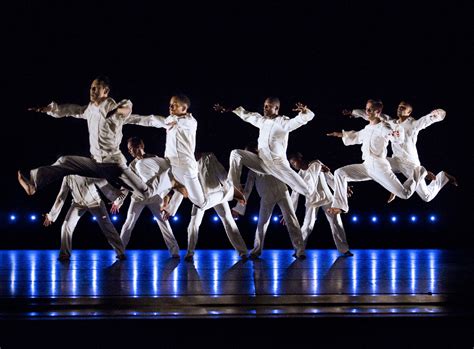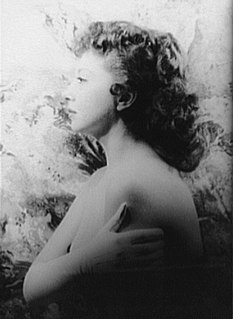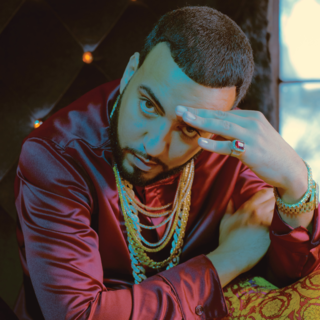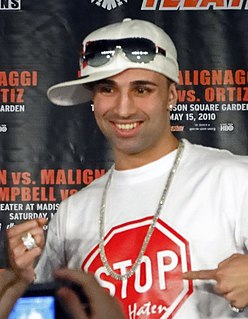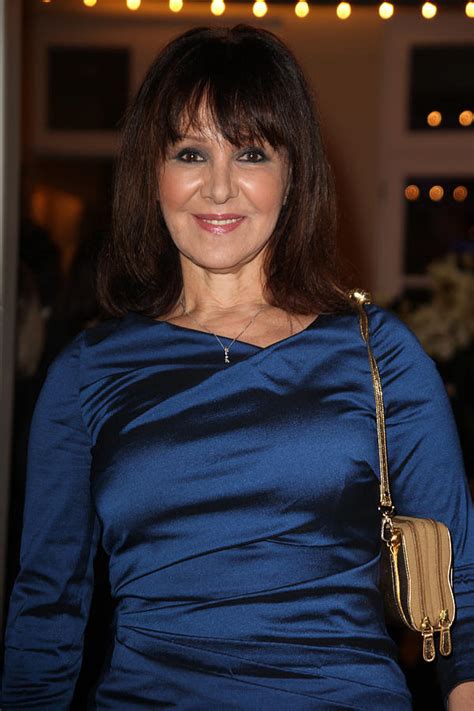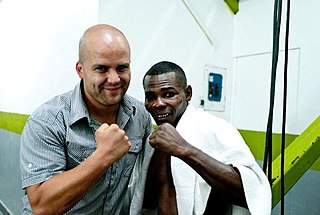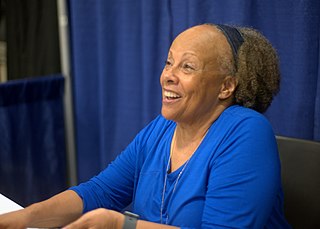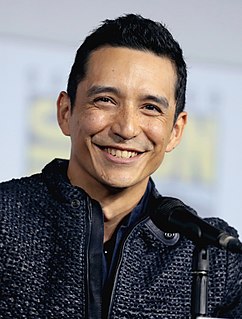A Quote by Amy Tan
My mother left behind three daughters when she went to America and started a new life. I certainly felt abandoned when my father died of a brain tumour; I felt he had abandoned me to this terrible, volatile mother and I had no protection.
Related Quotes
The myth of independence from the mother is abandoned in mid- life as women learn new routes around the mother--both the mother without and the mother within. A mid-life daughter may reengage with a mother or put new controls on care and set limits to love. But whatever she does, her child's history is never finished.
My father died five days before I returned to New York. He was only fifty-three years old. My parents and my father's doctor had all decided it was wiser for me to go to South America than to stay home and see Papa waste away. For a long time, I felt an enormous sense of guilt about having left my father's side when he was so sick.
Early on in my life, I had a broken soul. I was abused by my father, abandoned by my mother and ended up in a destructive first marriage. By the time I was 23, I was broken in my soul. I didn't know how to think right. I felt wrong about everything. But God stepped into my life, and I came out on the other side and didn't even smell like smoke.
My father took my mother, me, and my brother from Sicily to New York. He got us one-way tickets but booked himself a return flight. He dumped us with my mother's parents, who had just arrived from Italy, and abandoned us. That was 1986. I didn't see or speak to him for another 12 years. That's cruel.
I left New York after my mother died and, rather aimlessly, had settled in Istanbul for a change of scene. It was a rather dramatic gesture on my part, since I'd lived in New York for 20 years, but I felt I needed something different - the escalating expense and pressure of New York had begun to weary me.
In my earliest of years, my mother was a huge force in my life. She was for all intents and purposes, a single parent. My father had abandoned us. He was an alcoholic and a physical abuser. My mother lived through that tyranny and made her living as a domestic worker. She was uneducated but she brought high principles and decent values into our existence, and she set lofty goals for herself and for her children. We were forever inspired by her strength and by her resistance to racism and to fascism.


